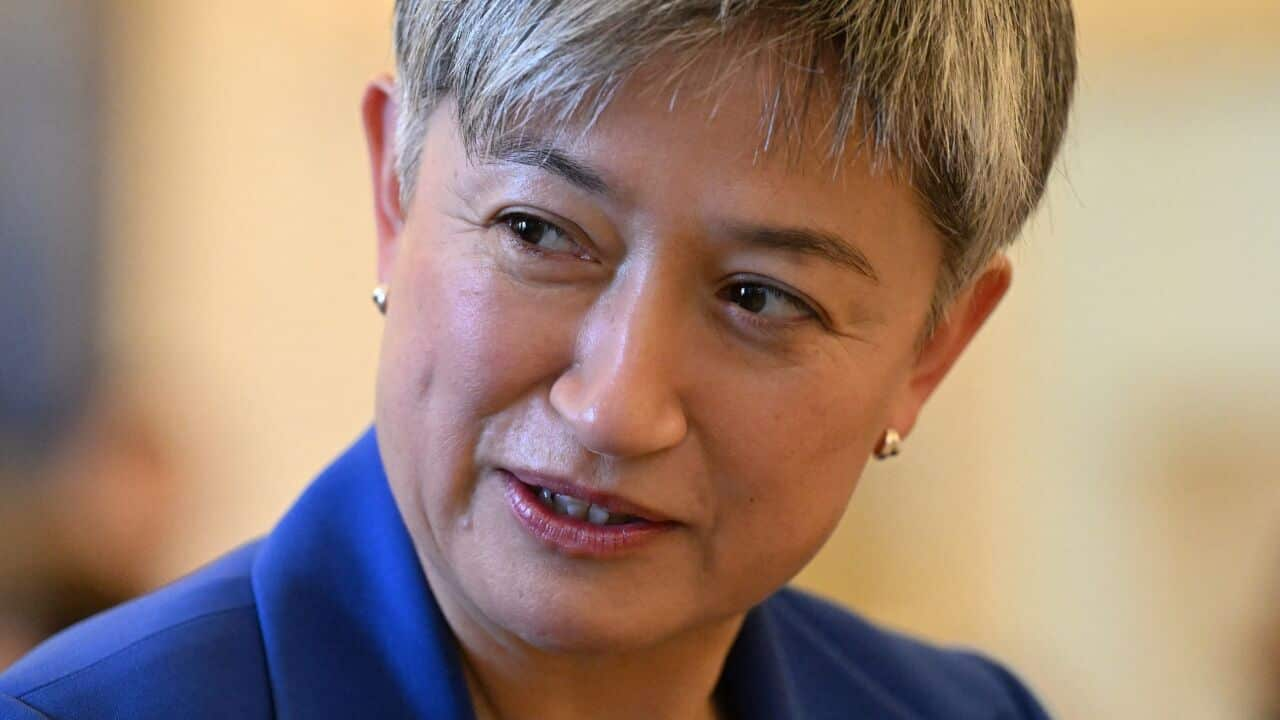Good morning. It's Thursday 26 May and here's a round up of the latest news.
Penny Wong to meet Fiji PM
Australia's new foreign minister Penny Wong will travel to Fiji to meet Prime Minister Frank Bainimarama, as well as other senior ministers.
Ms Wong's visit marks the start of Australia's bid to regain its position as a partner in the Pacific, just as the Chinese foreign minister launches a 10-day trip to Fiji, Solomon Islands, Kiribati, Samoa, Tonga, Vanuatu, Papua New Guinea and Timor-Leste.
China's trip has been confirmed amid revelations they are seeking a region-wide deal covering policing, security and data communications cooperation.
But Federated States of Micronesia president David Panuelo is pushing back on the draft communique issued by China, saying his nation would argue it should be rejected because of fears it could spark a new Cold War between China and the West.
US shooter displayed 'no significant warning signs'
Authorities claim there were no significant warning signs from the man who killed 19 children and two teachers at a school in the United States until just before his attack.
It came after he shot his grandmother at his home.
Several news outlets are reporting the shooter purchased two rifles and hundreds of rounds of ammunition in the days before the attack.
But Texas Governor Greg Abbott says the shooter had no history of criminal behaviour or mental health problems, and says a series of social media posts in the minutes leading up to the attack were the only alert.

Law enforcement officers speak of Robb Elementary School following a mass shooting. Source: Getty / Brandon Bell
75 missing after boat sinks
At least one person has died and 75 others are missing after a crowded boat sank off the coast of Tunisia.
A security official from Tunisia said the coast guard had already recovered one body, and a search was underway for the many more who are missing.
The International Organisation for Migration says 24 people were rescued from the boat, which departed from the beaches of Zawara in Libya and sank off the coast of Sfax.
Hundreds of thousands of people have made the perilous Mediterranean crossing in recent years, and in recent months, dozens have drowned off the Tunisian coast with an increase in the frequency of attempted crossings from Tunisia and Libya towards Italy.
Russia experiencing 'heavy losses'
After failing to seize Kyiv or Ukraine's second city Kharkiv, Russia is trying to take the rest of the separatist-claimed Donbas' two provinces, Donetsk and Luhansk, and trap Ukrainian forces in a pocket on the main eastern front.
But a spokesperson for the General Staff of the Armed Forces of Ukraine, Oleksandr Shtupun, said Russian forces have had "no success" and "suffered losses" during their attacks.
Reparations 'urgently needed' for Stolen Generations survivors in Western Australia
Members of the Indigenous community in Western Australia are urging the state government to set up a reparations scheme for survivors of the Stolen Generations.
Western Australia and Queensland remain the only jurisdictions in Australia that are yet to implement a compensation scheme as recommended in the landmark 'Bringing them Home' report from 25 years ago, a report that found as many as one in three First Nations children were forcibly removed from their families under federal and state government policies between 1910 and 1970.
The anniversary of that report and the national apology to the Stolen Generations is being marked today, 26 May.
Jim Morrison, chairperson of the West Australian Stolen Generations Aboriginal Corporation, said a state compensation scheme for Stolen Generations survivors and their descendants is urgently needed.
"State governments and the national government should be ashamed that so little has happened since the handing down of the report in 1997, and so few of the 54 recommendations have been implemented," he said.
"And we're now feeling the impact of removal still. And when you think of Western Australia, the population of Stolen Generation peoples and their descendants are more than half of the (Indigenous) population. The equity issues are not improving."





